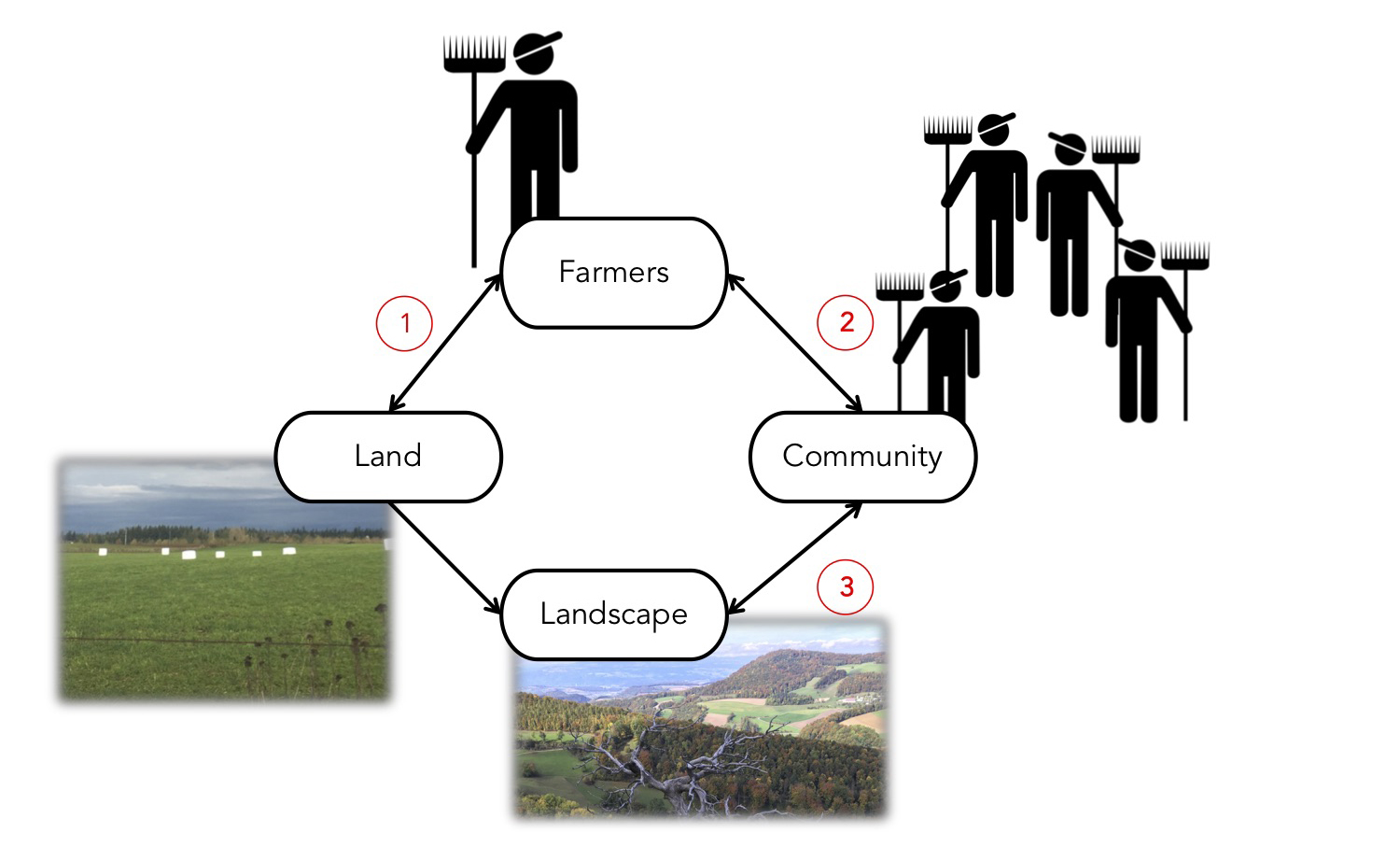Navigation auf uzh.ch
Navigation auf uzh.ch
Financial incentives facilitate, but rarely motivate farmers to undertake conservation practices on their land. Instead, their values and relationships are key.

Sustainable food systems require the involvement of those who grow and raise our food. Yet many conservation programs struggle to recruit farmers, even when financial incentives are offered. One such program is in Washington State’s Puget Sound region. Mollie Chapman, a postdoctoral researcher at the Departement of Geography, interviewed farmers to understand how to better recruit them for the program.
Read her blog post on the outcome of the study.
Literature:
Chapman, M., Satterfield, T., & Chan, K. M. A. (2019). When value conflicts are barriers: Can relational values help explain farmer participation in conservation incentive programs? Land Use Policy, 82, 464–475.